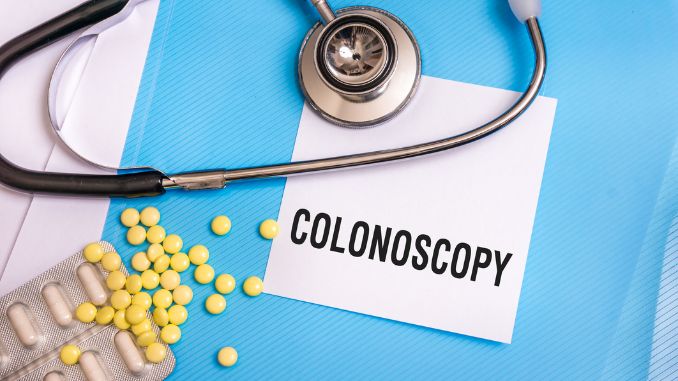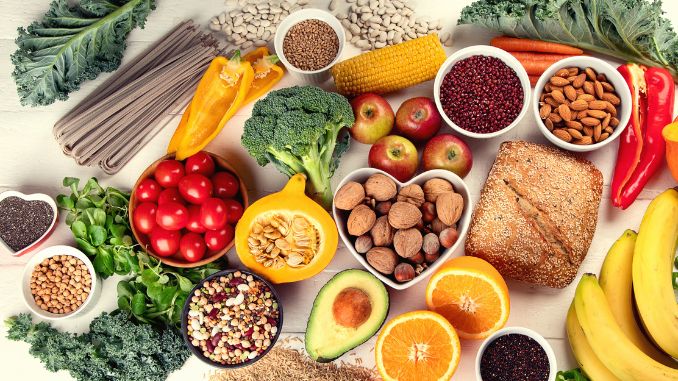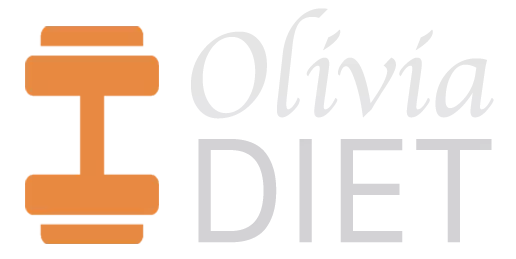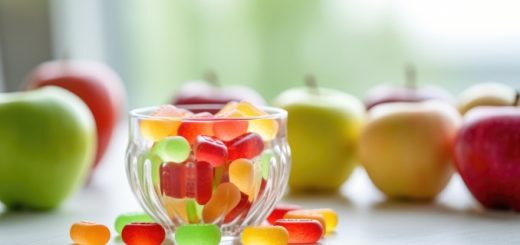Smooth Sailing: Mastering the Low-Fiber Diet for Colonoscopy

Last updated on April 11th, 2025 at 07:48 pm
Making sure your colon is thoroughly cleaned before a medical procedure can help find any problems early, like signs of colorectal cancer.
Following the advice from healthcare experts and organizations like the American Cancer Society to eat a low-fiber diet is really important for this procedure to work well. Additionally, it stresses how carefully sticking to the dietary instructions can make sure your bowel movements are effective.
What is a Colonoscopy?
A colonoscopy is a medical examination enabling a physician to inspect the interior of the colon and rectum for irregularities such as polyps or cancer. During this test, a small camera on a flexible tube goes into your bottom to look around. But before the big day, you'll be on a low-fiber diet.
What is a Low-Fiber Diet?

A diet low in fiber is a temporary nutritional regimen that limits the intake of foods high in fiber. Additionally, fiber is a carbohydrate that the body cannot digest. Instead, it passes through the digestive system fairly intact, contributing bulk to stool and helping to keep the digestive system regular.
However, when preparing for a colonoscopy, a low-fiber diet is essential to ensure a clear view of the colon. The goal of a low-fiber diet is to reduce the amount of residue in the colon, making it easier for the doctor to detect any abnormalities during the procedure.
Furthermore. a study in the National Library of Medicine conducted by Vanhauwaert et al. (2015) defines a low-residue diet [¹] as a low-fiber diet, suggesting a daily fiber limit of 10 grams. Additionally, this approach has proven effective in improving patient tolerance and effectiveness in bowel preparation for diagnostic procedures and in treating flare-ups of gastrointestinal conditions.
Important Note: While a low-fiber diet is beneficial in these contexts, it's important to gradually return to a normal fiber intake once the specific goal, such as a completed colonoscopy or disease remission, is achieved.
Foods to Include on a Low-Fiber Diet

While a low-fiber diet restricts some types of foods, there are still plenty of options available. Foods that are low in fiber and acceptable on a low-fiber diet include:
- Pasta and white bread
- Cooked vegetables without skin or seeds (carrots, green beans, and potatoes)
- Cooked fruits or canned without skins or seeds, such as applesauce and canned peaches
- Lean meats, like chicken, fish, and turkey
- Eggs
- Salad dressings and dairy products (milk, yogurt, and cheese)
A Delicious Meal Plan for Digestive Comfort
These carefully curated low-fiber meal options are designed to help prepare your digestive system for a colonoscopy.
Option 1: Meal Plan
- Breakfast: White rice porridge with a splash of fruit juice.
- Snack: Handful of dried fruit (without added fiber).
- Lunch: Grilled chicken with well-cooked wild rice and prune juice.
- Dinner: Baked asparagus tips with tender meat and a side of white rice and vegetable juice.
Option 2: Meal Plan
- Breakfast: Smoothie made with creamy peanut butter and banana (strained for lower fiber content).
- Snack: A small portion of dried beans (well-cooked).
- Lunch: Salad with low-fiber vegetables and a dressing without added fiber.
- Dinner: Stir-fried lima beans and soft meat with white rice.
Option 3: Meal Plan
- Breakfast: Fruit juice-infused oatmeal (strained for lower fiber).
- Snack: Handful of dried fruit (without added fiber).
- Lunch: Creamy vegetable soup with asparagus tips.
- Snack: Smoothie made with creamy peanut butter.
- Dinner: Grilled chicken with well-cooked wild rice and steamed asparagus.
Remember to stay well-hydrated and consult a healthcare professional or a dietitian to tailor the meal plan to your specific needs, especially if preparing for a colonoscopy and other medical procedures.
Foods to Avoid on Low-Fiber Diet

When following a low-fiber diet, it is important to avoid or limit foods high in fiber. Moreover, this includes:
- Whole grains. Some of these are brown rice, whole wheat bread, and quinoa
- Nuts and seeds, which include almonds, peanuts, and sunflower seeds
- Raw fruits and vegetables, including leafy greens, berries, and broccoli
- Beans and legumes, including chickpeas, lentils and black beans
- High-fiber cereals and granola
- Bran and Bran products
Is Colonoscopy Safe?

A colonoscopy is a safe procedure, acting as a thorough colon check-up for early issue detection. Additionally, doctors focus on patient comfort by using a flexible tube equipped with a camera and frequently administer medication to ensure relaxation.
Temporary soreness or bloating may occur, but the substantial benefits, especially in detecting and preventing conditions like colon cancer, make this discomfort worthwhile.
Furthermore, colonoscopy screening every ten years could prevent 40% of colorectal cancers. According to a long-term study from the Harvard School [²] of Public Health, regular colonoscopy screening might prevent a significant percentage of colorectal cancers.
Conclusion: The Benefits of Following a Low-Fiber Diet for a Successful Colonoscopy

Sticking to a low-fiber diet is really important to get ready for a colonoscopy. Additionally. it helps the doctor see better and makes the procedure less uncomfortable. Even though it can be hard, with good planning and support, you can make the low-fiber diet easier to handle. Focus on the good parts and ask for help when you need it to make sure your colonoscopy goes smoothly.
Get Your Anti-Inflammatory Cookbook Today! Discover delicious, inflammation-fighting recipes to boost your health and well-being. Click the link below and start feeling better with every bite!
Rick Kaselj MS, is a leading kinesiologist and injury specialist as well as co-creator of the best-selling Unlock Your Hip Flexors program. Rick creates exercise programs that help people heal injuries and eliminate pain, so they can go back to living a full, active, healthy life.






